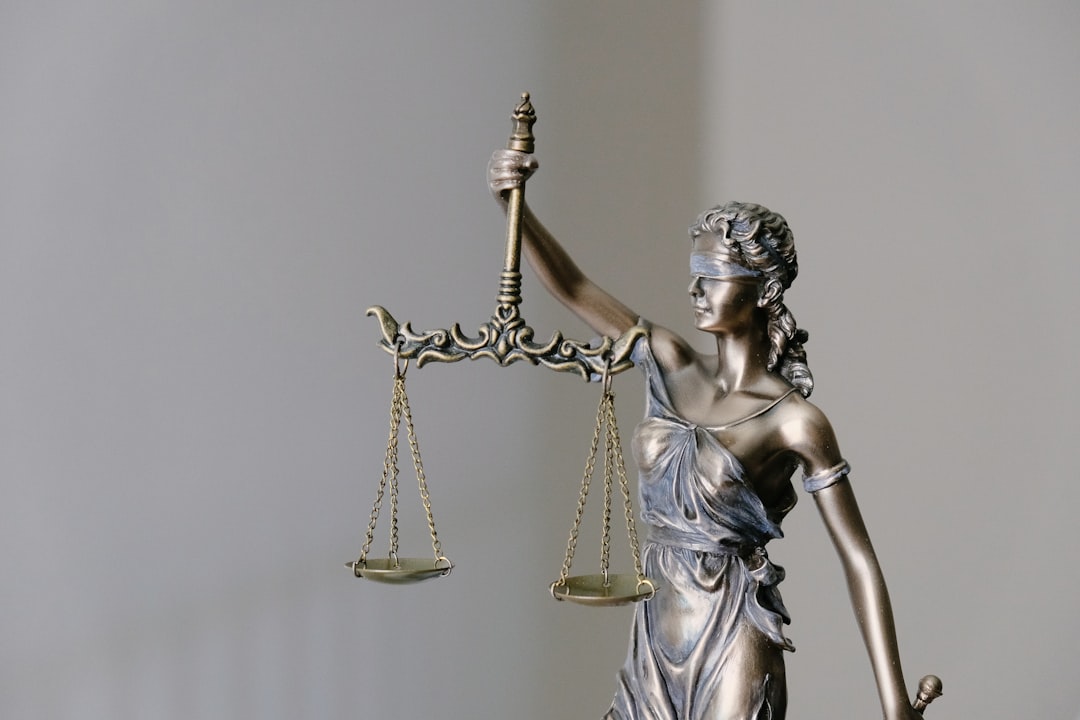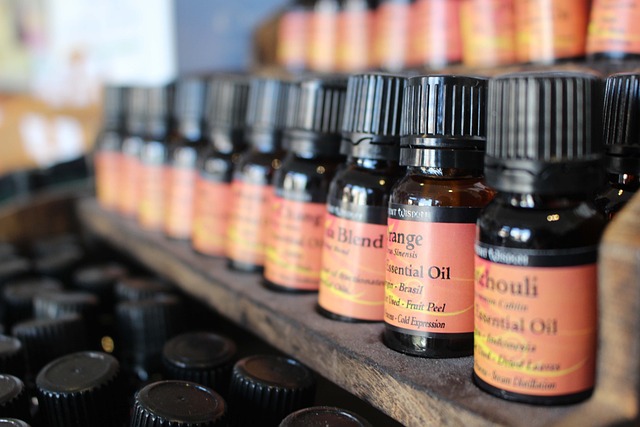Massage therapy in New Jersey has a history rooted in Native American and European practices. Growing popularity led to instances of massage abuse, prompting stricter regulations and protective laws. Massage abuse law firms play a crucial role in upholding these rules by advocating for victims' rights and ensuring justice against unethical practitioners. New Jersey's robust legal framework protects clients, with specialized law firms offering guidance in civil and criminal cases. Recent high-profile abuse cases have raised awareness, leading to discussions about strengthening regulations and consumer protection. Victims encouraging others to report similar experiences helps restore public trust and safety for spa clients.
In New Jersey, the wellness industry has seen both growth and controversy with notable massage spa abuse cases. This article provides a comprehensive look at the historical evolution of massage therapy in the state, explores the legal framework protecting clients from abuse, and delves into high-profile incidents that have reshaped the industry. Understanding these cases is essential for both consumers and the growing number of massage abuse law firms in New Jersey aiming to uphold safe practices.
Historical Overview of Massage Therapy in New Jersey

Massage therapy has a long history in New Jersey, dating back to early colonial times when Native American tribes practiced healing techniques that included touch and manipulation of the body. As European settlers arrived, they brought their own forms of massage and therapeutic practices, laying the groundwork for what would become a thriving industry in the state. Over time, massage therapy gained popularity among the wealthy elite and later became more accessible to the general public.
However, alongside its growth, there have been instances of massage abuse, leading to the implementation of stricter regulations and laws. New Jersey has recognized the importance of protecting clients from unethical practices and has established guidelines to ensure safe and professional services. A reputable massage abuse law firm in New Jersey plays a crucial role in advocating for victims’ rights, ensuring that those who have suffered harm seek justice and hold perpetrators accountable under the state’s massage therapy regulations.
Legal Framework and Protections Against Massage Abuse

In New Jersey, the legal framework surrounding massage spa abuse is designed to protect clients and ensure ethical business practices. The state has strict regulations in place that govern the operation of massage establishments, including licensing requirements for practitioners and standards for facility maintenance. These laws aim to prevent and address instances of misconduct, such as sexual harassment or assault, by holding spas and therapists accountable.
A key component of the legal protections is the presence of dedicated massage abuse law firms in New Jersey. These specialized practices have experienced attorneys who understand the intricacies of state laws and can guide victims through the legal process. Whether it’s pursuing civil litigation against negligent spas or supporting clients in criminal cases, these law firms play a crucial role in holding perpetrators accountable and providing justice for those affected by massage spa abuse.
High-Profile Massage Spa Abuse Cases and Their Impact

In recent years, high-profile massage spa abuse cases in New Jersey have brought much-needed attention to the issue of misconduct and exploitation within the wellness industry. These cases, often involving prominent figures, have not only had a significant impact on victims’ lives but also prompted discussions about strengthening regulations and consumer protection. Many victims found solace by speaking out, encouraging others to report similar experiences and raise awareness about massage abuse law firm New Jersey services available to help.
The consequences of these abusive practices extend far beyond physical and emotional trauma. They erode public trust in the wellness sector and can lead to widespread apprehension among customers. Consequently, efforts to enhance licensing, training, and oversight have gained momentum, aiming to create a safer environment for clients seeking relaxation and therapeutic relief.



